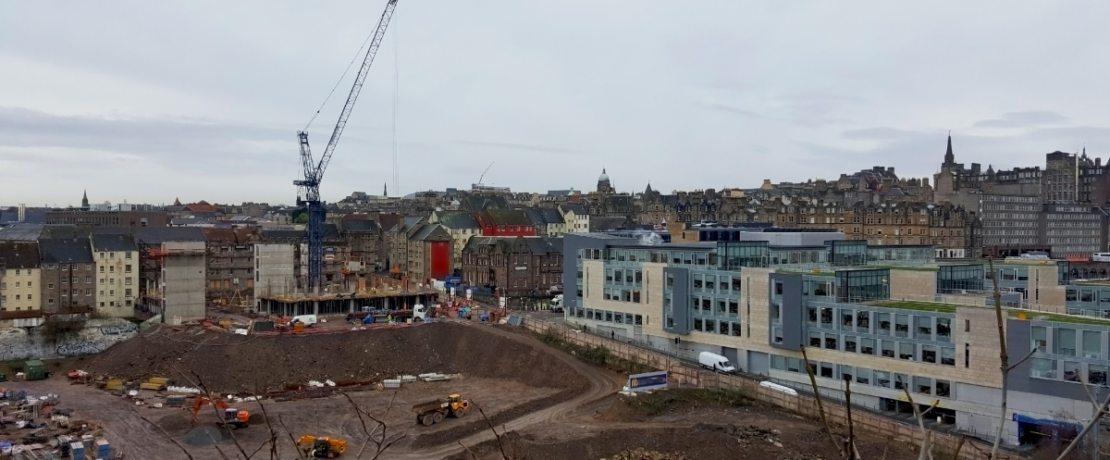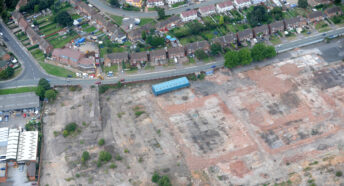Can the Planning and Infrastructure Bill strengthen local democracy?

The Planning and Infrastructure Bill presents a major opportunity to shape how we plan, build, and restore nature across the country. But while it promises progress on housing and infrastructure, it also risks weakening local democracy and silencing community voices. CPRE is calling for stronger protections for public participation and the countryside.
The Planning and Infrastructure bill is currently proceeding through parliament. It includes major changes to the process of nature restoration; how local planning departments work and introducing a new spatial planning process. The changes are part of the government’s broader ‘plan for change’, a series of milestones which aims to power and heat homes with clean energy, raise living standards, and create well-paying jobs.
With this bill the government also has an opportunity to strengthen the right for communities to have their voices heard. But the government seems to be suggesting they want the opposite.
Last week I gave oral evidence to the Public Bill Committee on the Planning and Infrastructure bill. I highlighted the wide range of public benefits the Green Belt has for people who live in the towns and cities, saying:
Done well a Land Use Framework could help us build new homes and infrastructure in the most suitable and strategic locations, support nature’s recovery and help to tackle the climate crisis.
In my evidence I welcomed the government’s promised introduction of spatial development strategies as a means of improving land use policies in our countryside, but raised concerns about paying off householders to accept new pylons near them.
On government plans to reform local planning committees, CPRE says that this will undermine democracy, fail to address the real barriers to housing delivery and put our Green Belt and nature protection in danger.
We’ll say more on this in the coming weeks.
The government has announced more changes to the bill, aimed at reducing the time required to deliver major infrastructure projects by at least a year. This will involve removing the mandatory pre-application stage for these projects. They have proposed changes to the statutory consultation process, aiming to cut in half the average two-year process unique to major infrastructure projects.
They have said that this will continue to maintain community engagement, while reducing the statutory process. And the government argues that these changes will save over £1 billion, boost investment and facilitate the delivery of essential infrastructure needed to build 1.5 million homes.
CPRE has major concerns about this proposal as we believe that community engagement needs to improve rather than be weakened as these changes propose.
With this landmark legislation the government has the chance to deliver on nature recovery, communities and for infrastructure delivery, but it can’t do this without giving people the right to speak on development where they live.









